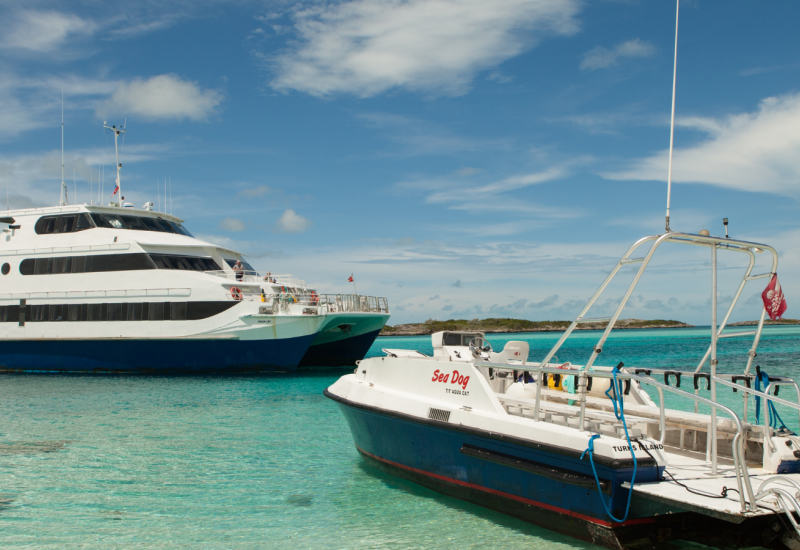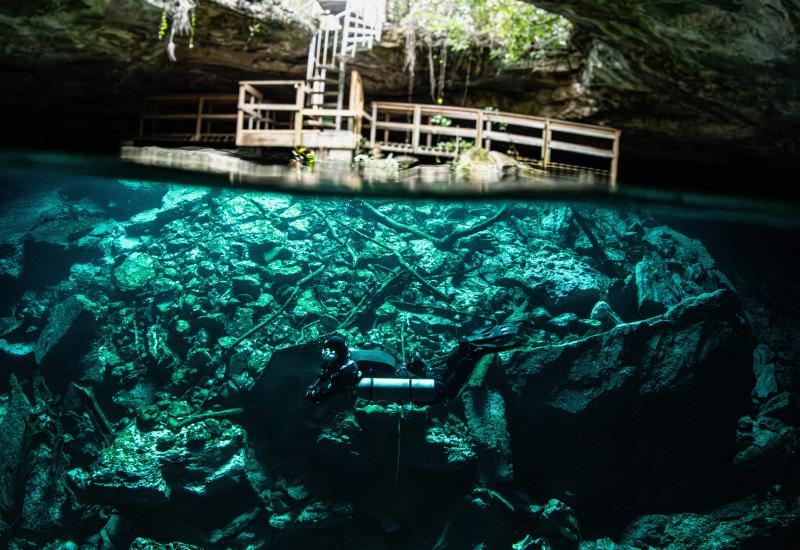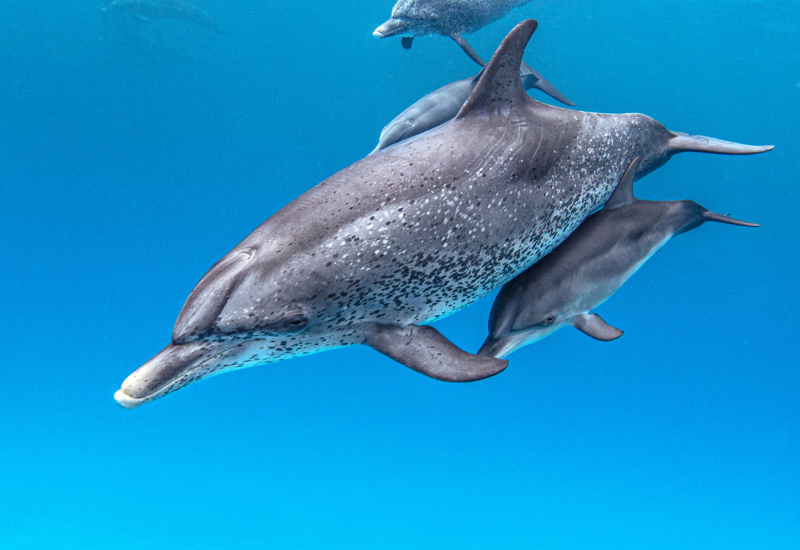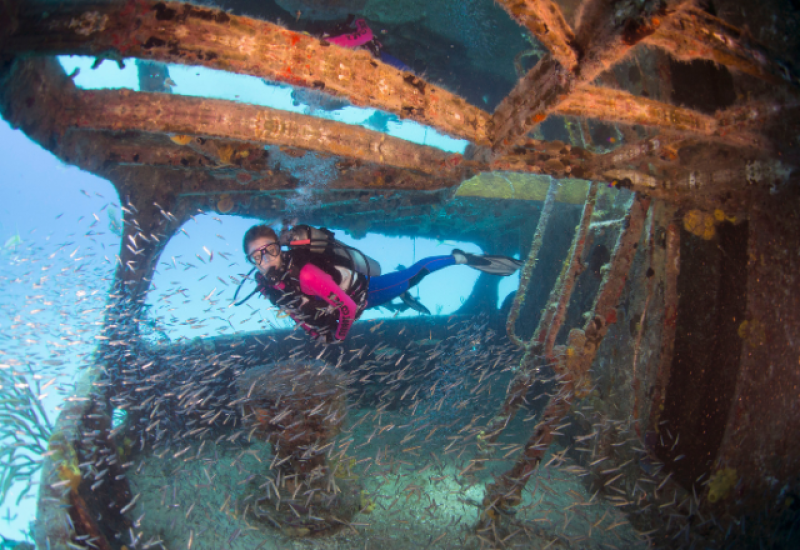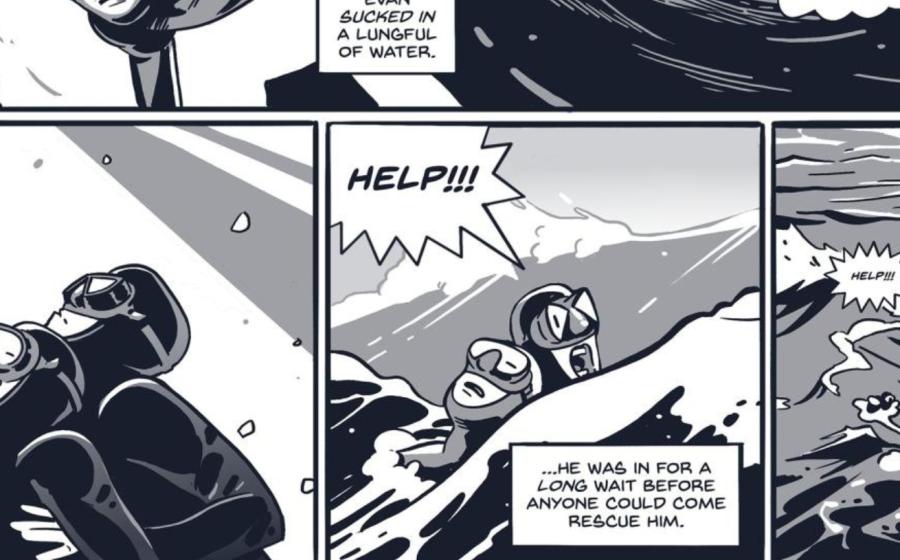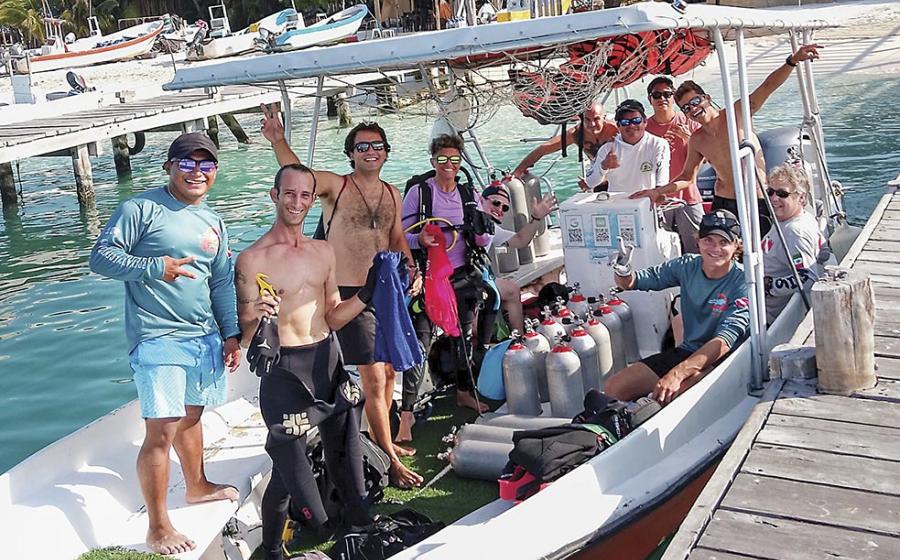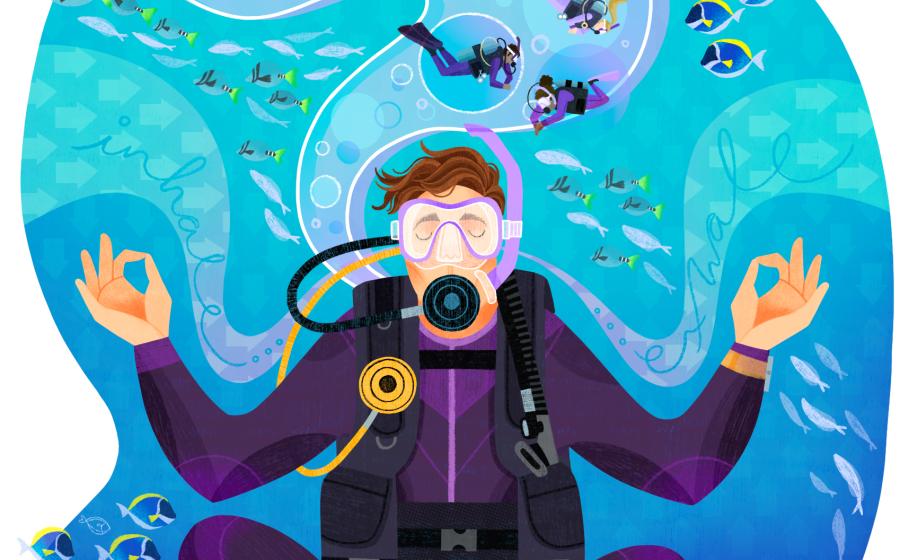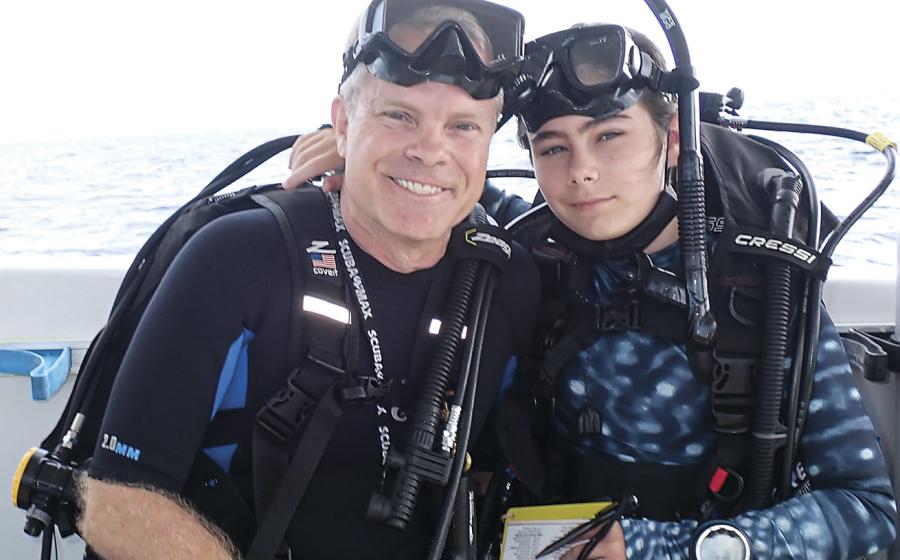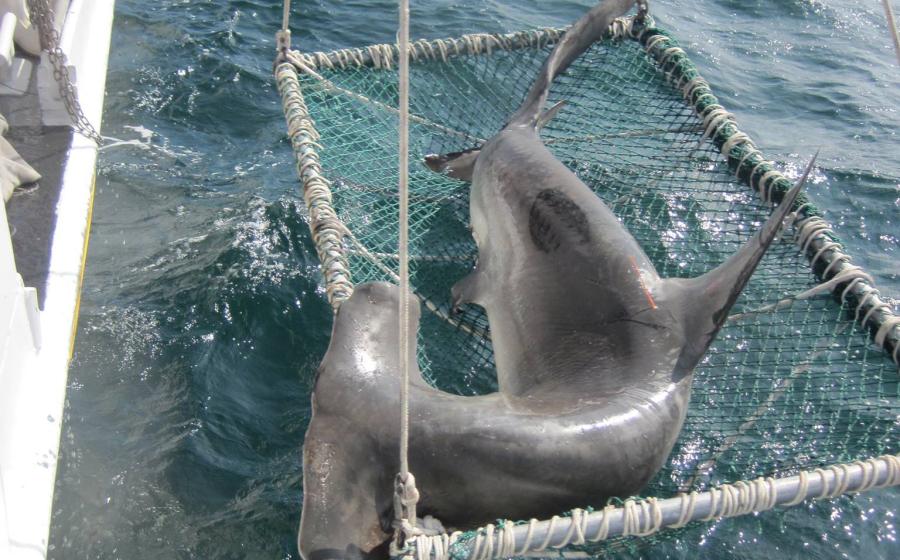Seaview: Sharks in Trouble
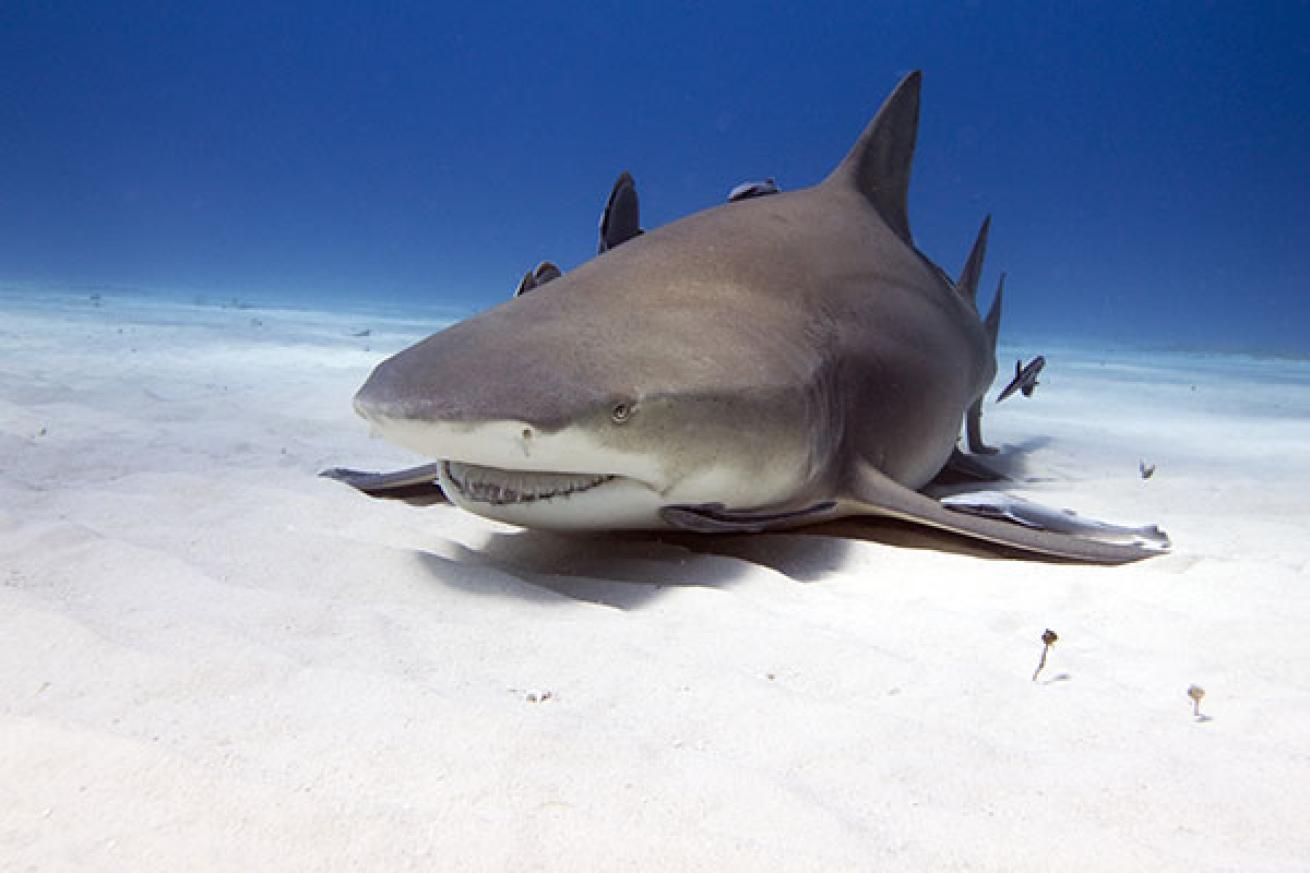
Vanessa Mignon
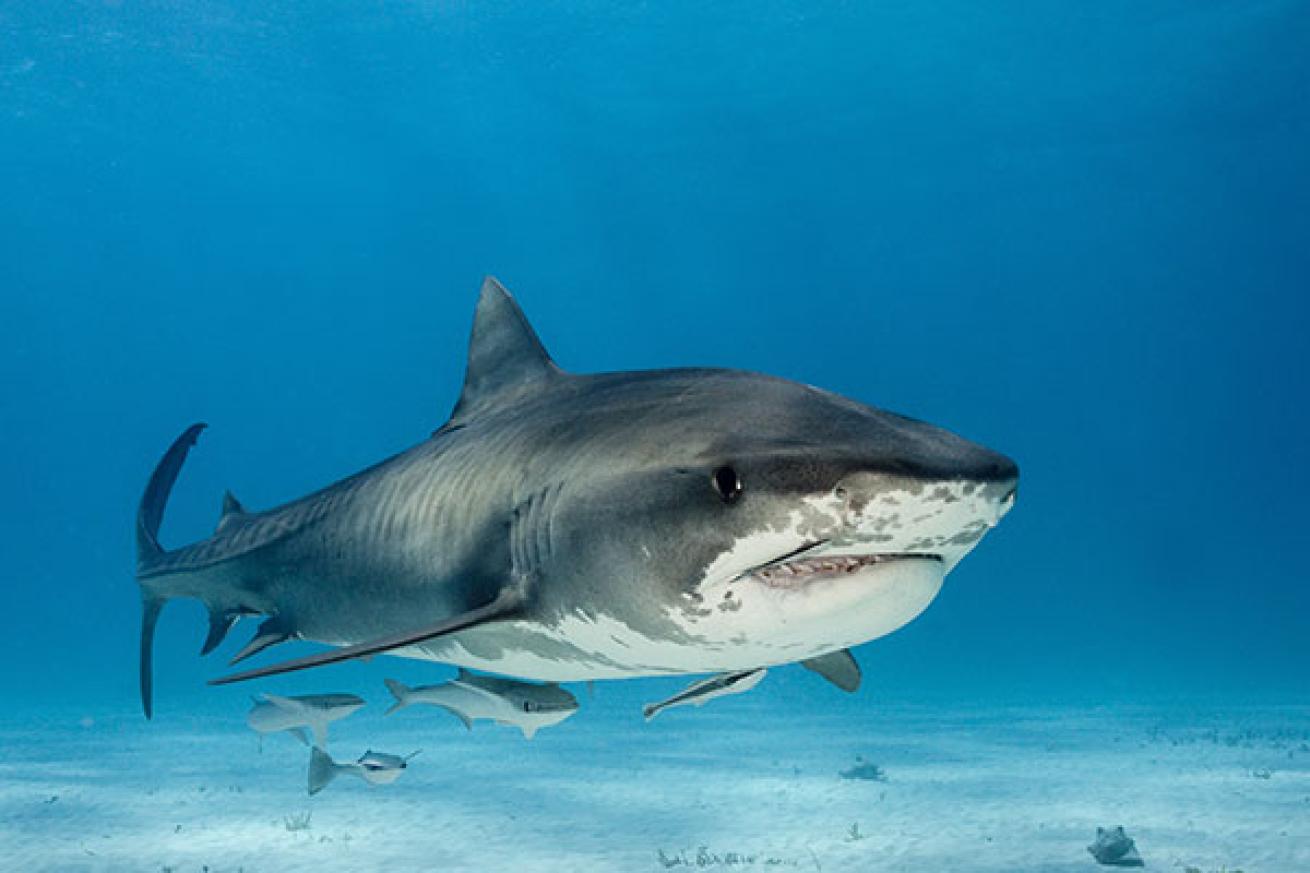
Vanessa Mignon
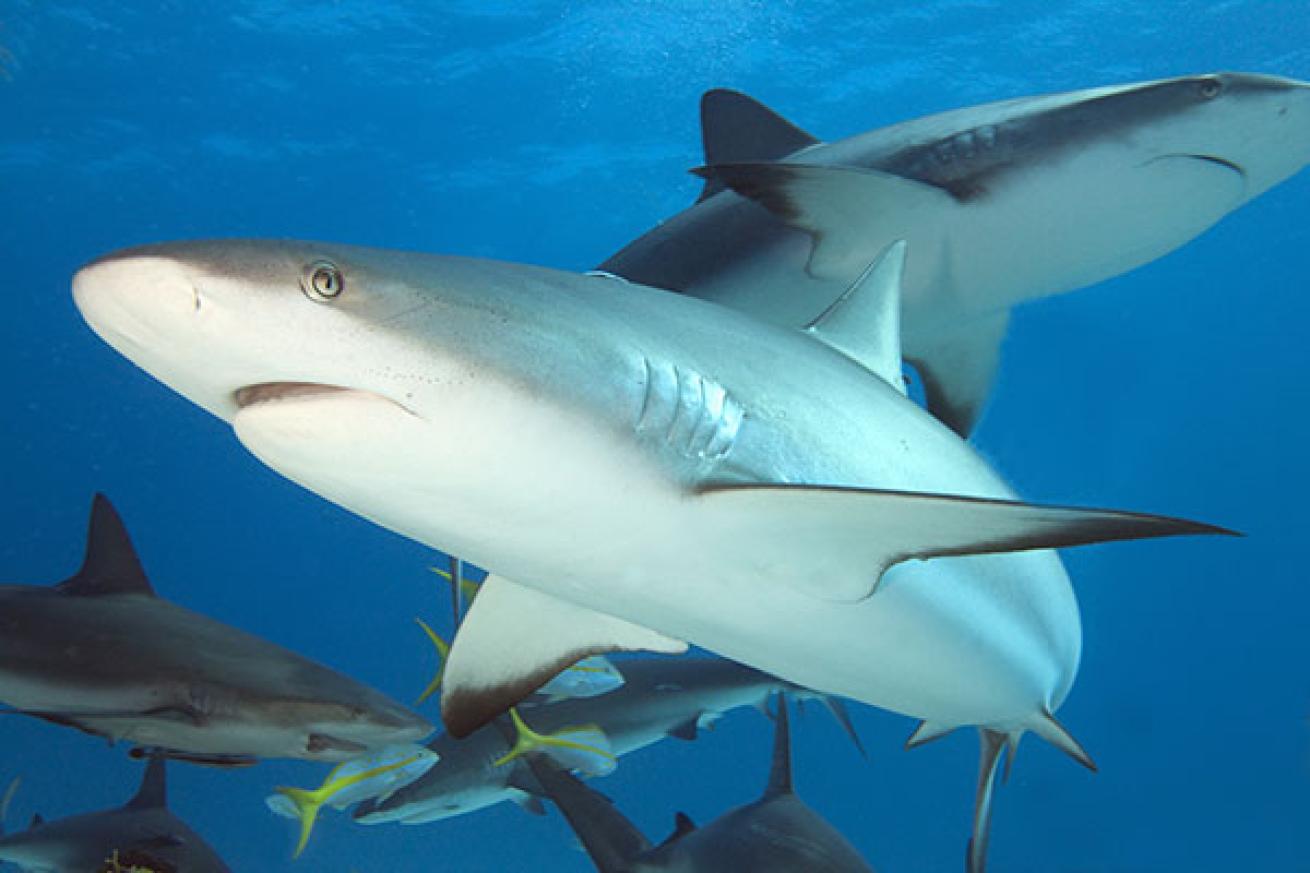
Vanessa Mignon
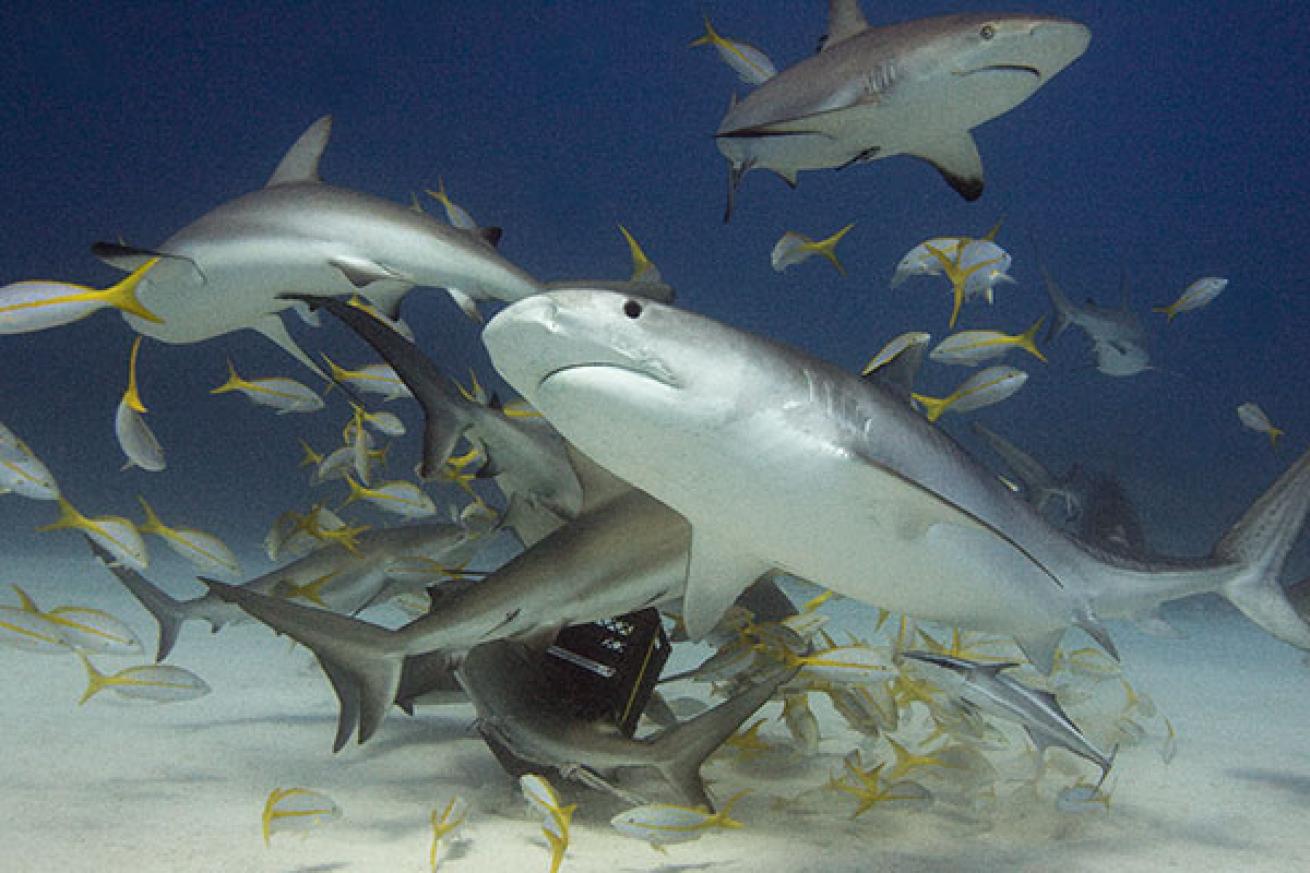
Vanessa Mignon
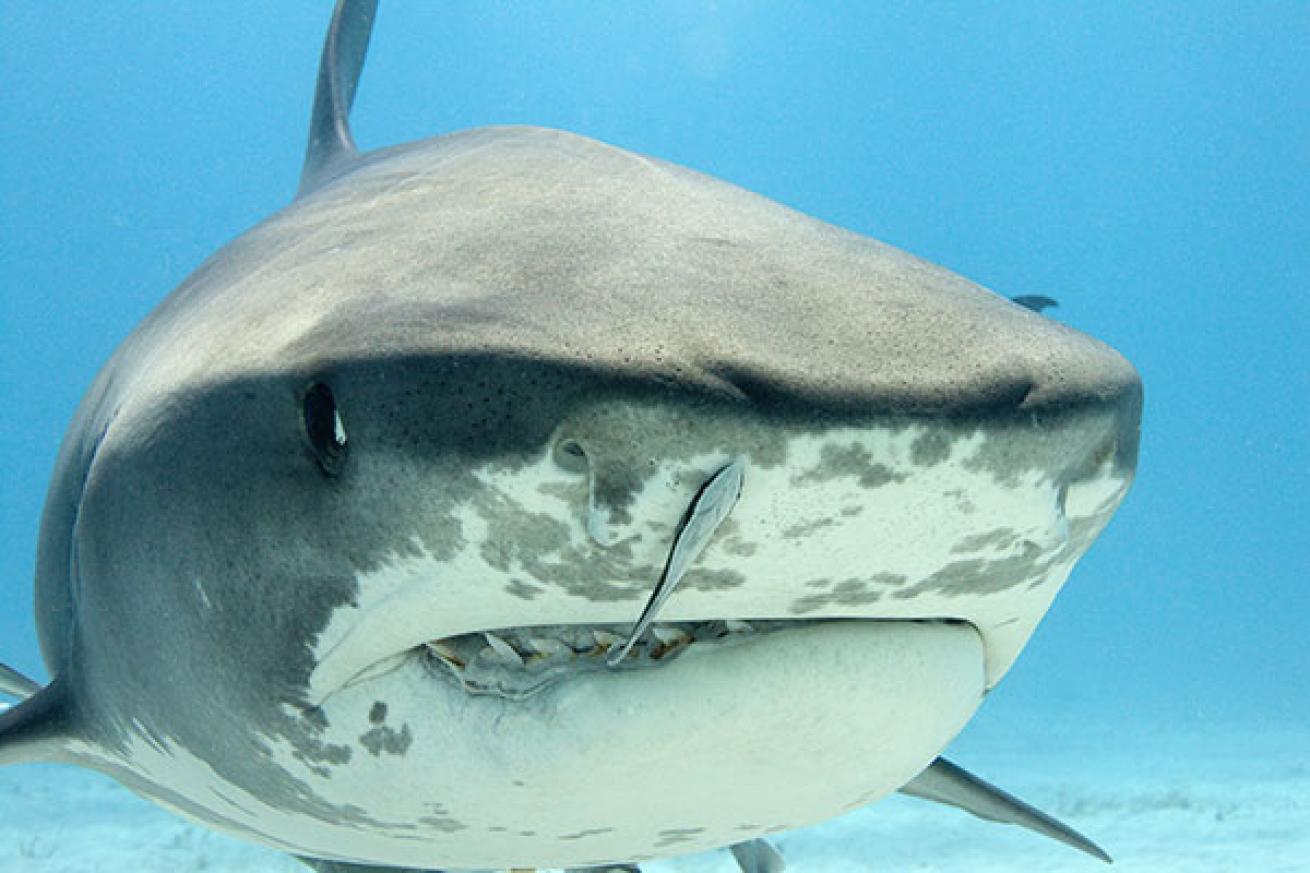
Vanessa Mignon
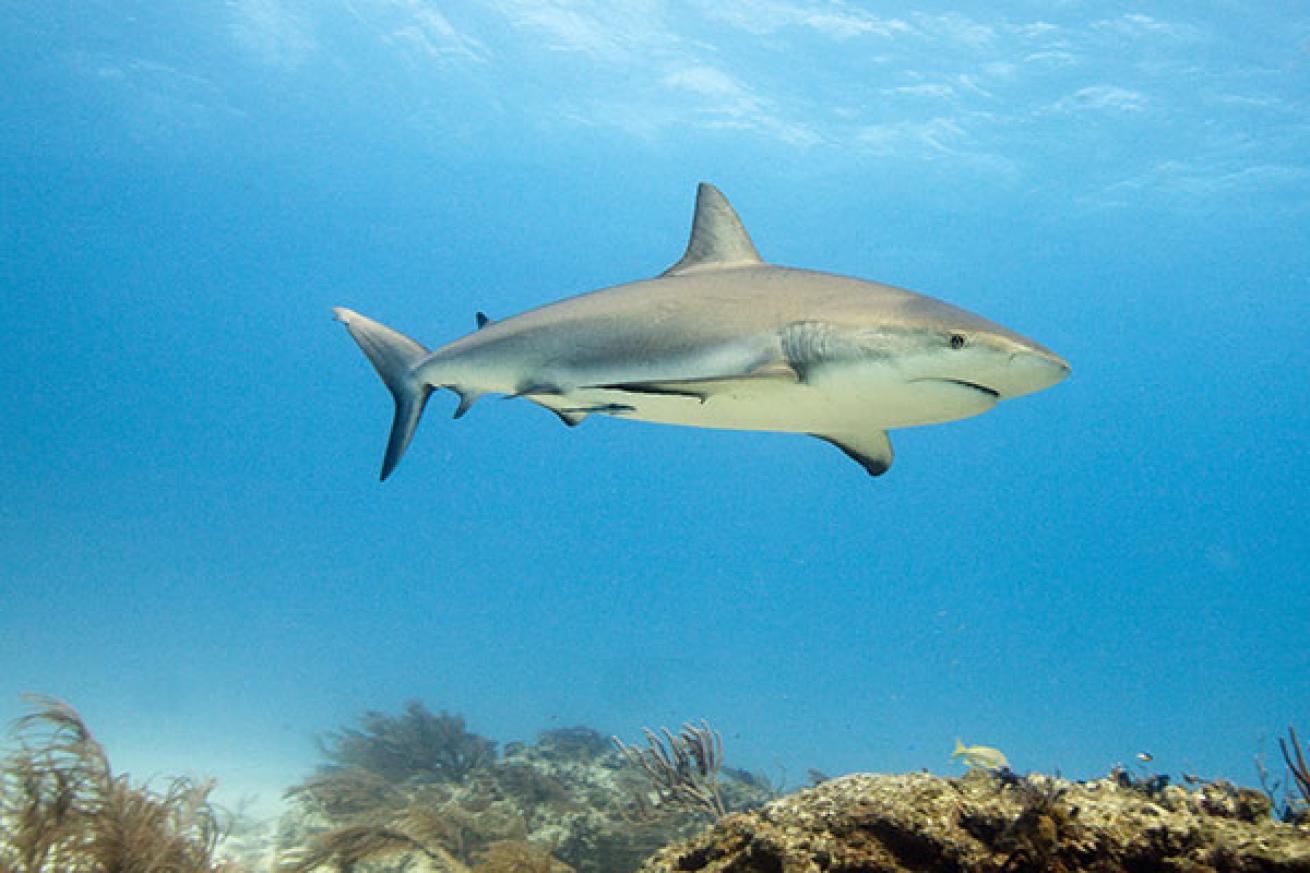
Vanessa Mignon
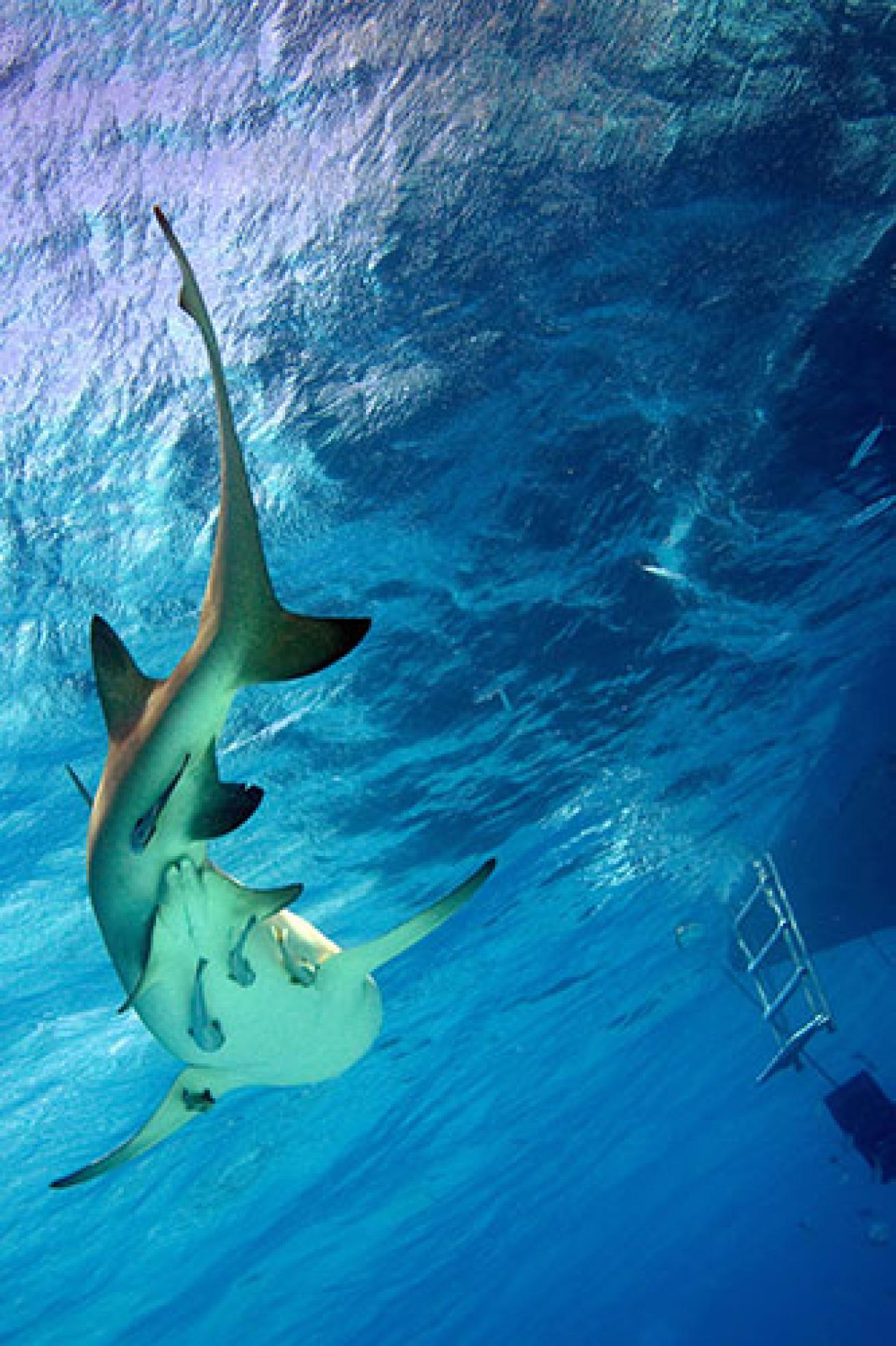
Vanessa Mignon
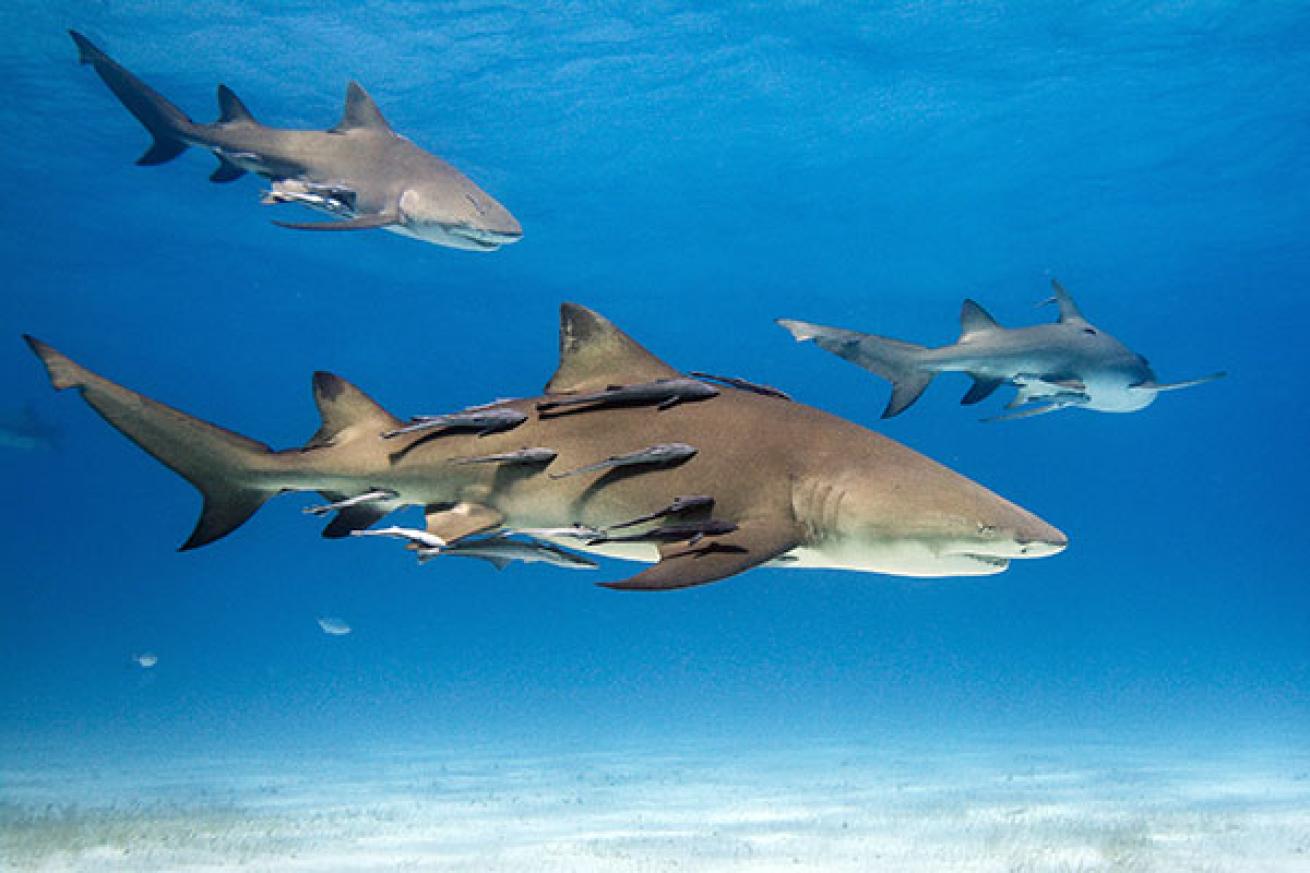
Vanessa Mignon
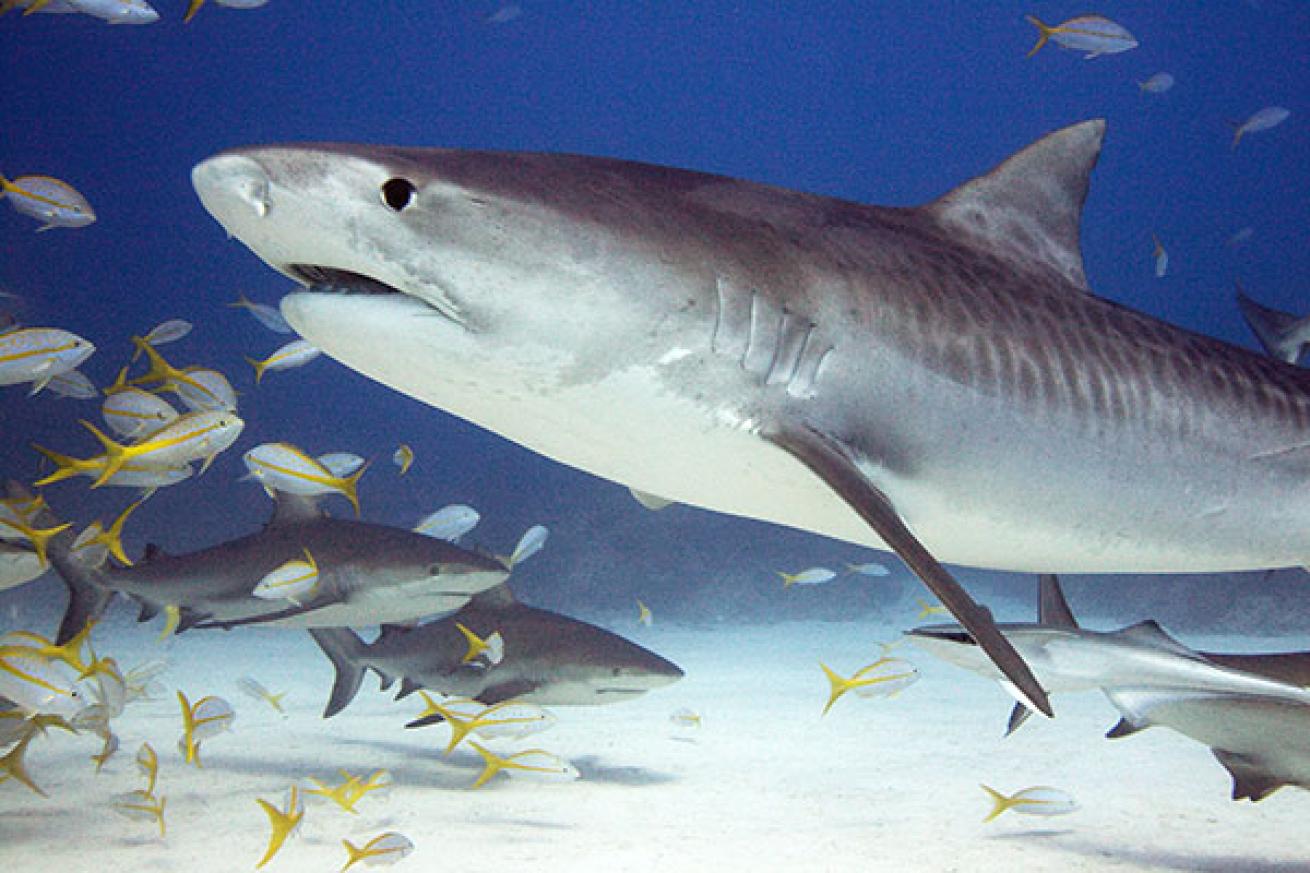
Vanessa Mignon
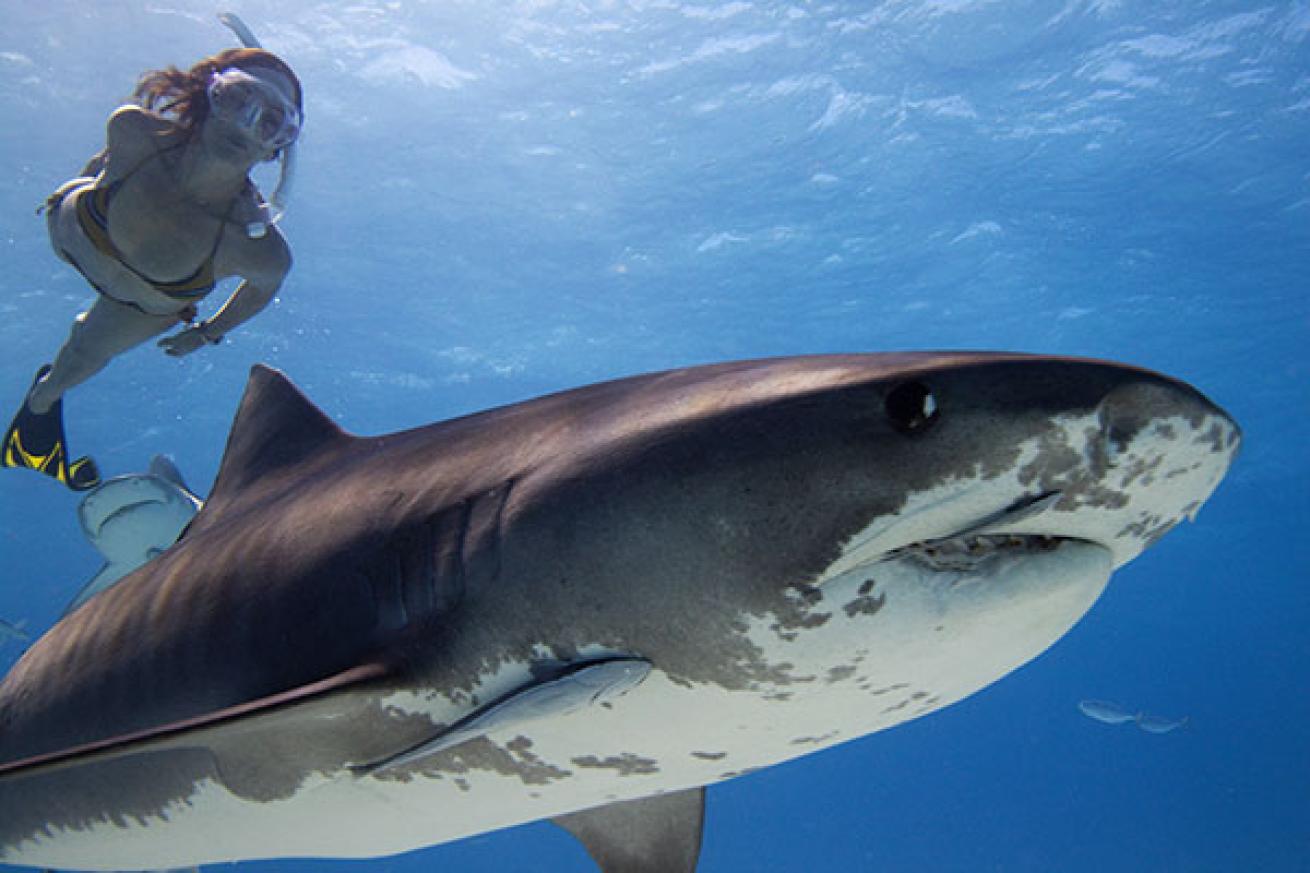
Vanessa Mignon
We all have moments that change us. Moments that give us the opportunity to question our life and our world. Moments that make us realise and understand what is important to us.
I had such a moment in March 2011, when I joined an expedition to swim with sharks in the Bahamas.
I clearly remember how I felt while I was getting ready for my first dive there. I was excited and impatient, but I have to admit I was also a little bit worried. After all, sharks have garnered a bad reputation due to movies like Jaws and the fact that accidents involving sharks quickly become media sensations. And even though I knew the number of fatal shark attacks worldwide is minimal, I could not help but feel impressed by the dozen shark fins breaking the surface at the back of the boat.
I took a deep breath, jumped in the clear waters and descended to the bottom. I don’t think I was prepared for what I saw that day. It was absolutely mind-blowing. We were surrounded by lemon sharks. They were everywhere, swimming above our heads, around us and in between us. They would get so close that some brushed past me. I sat there for a while, looking in awe and taking in the details of this fantastic scene. I always thought that being in the middle of sharks would be an adrenaline-filled experience. To my surprise, it was actually a very peaceful and relaxing one.
This trip was amazing on so many levels. During my week in the Bahamas, I dived at several locations and spent many hours with lemon, reef and tiger sharks. I got to take in every single detail of their beautiful bodies and observed how different each species was. The cautious reef sharks would usually turn around if we were to swim towards them. The lemon sharks would glide slowly around us. And the tigers appeared to “own the place” with their powerful bulky bodies and charismatic attitude.
On many occasions we had around 30 sharks around us and none of them ever showed any aggressiveness towards us.
I returned home with many beautiful memories. But the most powerful memory I have was when, while talking with shark conservationists on the boat, I found out about shark finning. At that time, I didn’t know about the full extent of that practise and what I heard felt so wrong and unbelievable. But unfortunately, all was true.
Sharks are targeted around the world for their valuable fins, which are used to make shark-fin soup, an Asian delicacy, which apparently can cost up to $100 a bowl. It is estimated that up to 100 million sharks are killed every year for shark-fin soup, the equivalent of one-third of the USA population wiped out in one year! That’s 11,416 sharks killed every hour, 3 sharks a second. Think about the number of sharks killed since you started reading this blog … it's an unbearable thought, isn’t it?
And since the shark meat has little value, the animal is often thrown back overboard, left to an agonizing and slow death. Apart from being brutal, this practice is unsustainable and is eradicating sharks around the world.
To me, this is absolutely heartbreaking. Sharks have been around for millions of years, even before the dinosaurs, and I could see them extinct in my lifetime. All because of a soup! Shark fins are made of cartilage so eating shark-fin soup is similar to eating human hair and nails. Shark fins have actually no flavor and no nutritional value and are only used to add texture to the dish. And because sharks are apex predator, they usually contain high level of mercury. Still, shark-fin soup remains popular especially in Asia where it is a traditional dish served in banquets, weddings, etc.
Thankfully, people are becoming more aware of the shark-finning problem and efforts are being made around the world to ensure better protection of the sharks. Several countries have already taken action and they are creating a momentum: For example, Palau established the world’s first shark sanctuary in 2009, the Bahamas signed a law prohibiting all commercial shark fishing in 2011, and Brunei just declared a ban on trade of shark products in their country.
Furthermore, the recent CITES-protection of species conference in March 13 recognised the precarious situation of 5 species – the oceanic white-tip, three species of hammerheads and the porbeagle – and gave them protection against overfishing and exploitation for their fins. Even though this decision generated much debate and was not unanimous, it is a positive step in the right direction.
Shark protection is without doubt moving forward, but unfortunately only slowly — and we are running out of time. According to a study conducted by the IUCN (International Union for Conservation of Nature) Shark Specialist Group in 2009, a third of open ocean sharks are threatened with extinction in the next few decades. Some populations of sharks, like hammerhead and oceanic white-tip sharks, have seen their numbers reduced by up to 90 percent in some places.
Sharks are very vulnerable to overfishing because they are very slow to mature sexually and they have few young. Therefore, they are not able to recover quickly enough to sustain their populations.
In addition, even when there is protection in place, it can be very challenging to monitor and enforce them in the middle of the ocean.
I believe that, to be effective, the protection of sharks requires people involvement and a change in some nations’ deep-seated traditions. As long as there is a demand for shark-fin soup, there will be people hunting the sharks. Therefore, it is essential to educate people and raise awareness about the plight of the sharks.
Many people in the world don’t know about shark finning, and when they do, they often don’t know the full extent of it. Worse, they sometimes feel it is OK to get rid of what they perceive as scary, dangerous animals. People’s fears, ignorance and lack of interest are some of the shark’s worst enemies. If we are to protect the sharks, we have to change the perception that many people have of them. As divers and ocean lovers, we are amongst the best people to talk about those animals. My experience with sharks is that they are usually pretty cautious around humans, and they would prefer to avoid us if possible.
It is also essential that people understand that sharks are essential to the oceans. As apex predators, they help play a crucial role in the overall health of the ocean. Remove them and the ecosystem becomes out of balance. Healthy oceans are essential to the planet well being and therefore essential to us. I might be stating the obvious, and I might be preaching to the converted in this blog, but it does seem that a lot of people don't realize how important sharks are in the big picture, so it is essential to share that information.
After spending one week with the sharks in the Bahamas and being accepted by those beautiful animals in their environment, I cannot stay quiet about their terrible plight. My time with them has changed me. Finding out with my own eyes how much they are misunderstood and wrongly depicted as killers has changed me. Discovering how they are being hunted down to extinction has changed me. I feel pain, I feel anger, I feel disgust when I think about what is happening to them. I have always been an animal lover, and so many things in this world get to me and disturb me. It breaks my heart when I see pictures of hundreds of shark fins drying in the sun. I feel sick when I see pictures of a gentle whale shark, dead on the beach with his fins stolen. Sometimes it feels that it would just be easier to go through life by looking away and ignoring that this is happening. After all, they say ignorance is blissful.
But I can’t! I still have vivid memories of those beautiful sharks and I smile when I think about my time with them in the Bahamas. I have to share my story and diving experiences. I have to let people know that sharks are not man-eating hunters patrolling the beaches to get swimmers.
The truth is that sharks are in danger of vanishing fast, very fast. There is not much time and it all depends on every single one of us to take a stand for sharks. Protest against shark culling. Say NO to shark-fin soup. If you see it on a menu, make a comment to the restaurant management or leave. And talk to people around you, especially nondivers.
Sharks have been around for millions of year and I will be heartbroken to see them disappear in my lifetime. I will do what I can to raise awareness and stop that from happening. I hope you will too!
To contribute to Project AWARE's shark-conservation efforts, go to projectaware.org/
_Based in Sydney, Australia, Vanessa Mignon is a full-time business analyst who travels to remote locations and photograph amazing wildlife encounters, including mantas feeding feeding in the Maldives, whale sharks feeding in West Papua and humpback whales courting in the Kingdom of Tonga. To see more of her work, visit Vanessa Mignon Photography. _

